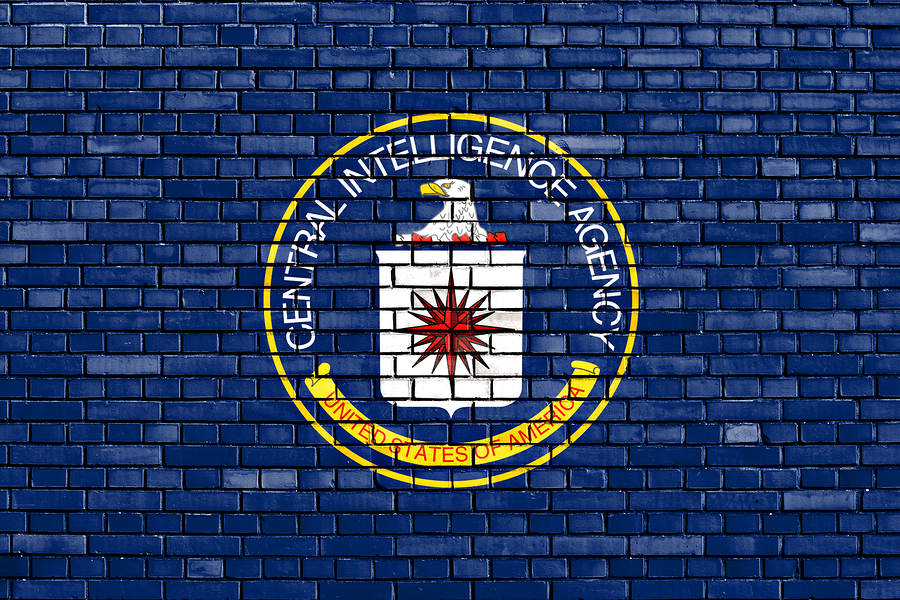UK tribunal rules GCHQ's NSA data-sharing deal "unlawful"
Civil liberty groups cheer court ruling, but claim there is more work to do

The Investigatory Powers Tribunal (IPT) has declared British intelligence services acted unlawfully by accessing the personal communications data gathered by the US National Security Agency (NSA).
The IPT, set up 15 years ago to oversee the activities of GCHQ, MI5 and MI6, ruling follows a complaint made by several civil liberties organisations, including Amnesty International, Privacy International, Bytes for All and Liberty.
The Tribunal said the way intelligence was shared between GCHQ and the NSA's Prism surveillance programme was unlawful up until December 2014, because the rules governing the practice were kept secret.
Post-December 2014, this was no longer the case, as the details of it were made public through the work of the Tribunal.
The existence of Prism came to light in a series of disclosures by NSA whistleblower Edward Snowden during the summer of 2013.
Through the programme, it's alleged the NSA was able to access data used by the a wide range of tech giants, including Microsoft, Yahoo, Google and Facebook, and share it with GCHQ if needed.
As a result of today's outcome, Privacy International and Bytes for All have asked for further clarification from the court regarding the interception and collection of their communications data.
Get the ITPro daily newsletter
Sign up today and you will receive a free copy of our Future Focus 2025 report - the leading guidance on AI, cybersecurity and other IT challenges as per 700+ senior executives
If it transpires that their data was unlawfully collected before December 2014, the parties are set to demand its immediate deletion.
They also want to challenge the assertion that GCHQ's activities after December 2014 were lawful, and have vowed to lodge an application with the European Court of Human Rights on this point.
Eric King, deputy director of Privacy International, said the ruling should put an end to security agencies acting like they can operate outside of the law.
"We must not allow agencies to continue justifying mass surveillance programs using secret interpretations of secret laws. The world owes Edward Snowden a great debt for blowing the whistle, and today's decision is a vindication of his actions," he said.
"But more work needs to be done. The only reason why the NSA-GCHQ sharing relationship is still legal today is because of a last-minute clean-up effort by Government to release previously secret arrangements'.
"That is plainly not enough to fix what remains a massive loophole in the law, and we hope that the European Court decides to rule in favour of privacy rather than unchecked State power."
James Welch, legal director for Liberty, added: "The Intelligence Services retain a largely unfettered power to rifle through millions of people's private communications and the Tribunal believes the limited safeguards revealed during last year's legal proceedings are an adequate protection of our privacy. We disagree, and will be taking our fight to the European Court of Human Rights."
-
 Women show more team spirit when it comes to cybersecurity, yet they're still missing out on opportunities
Women show more team spirit when it comes to cybersecurity, yet they're still missing out on opportunitiesNews While they're more likely to believe that responsibility should be shared, women are less likely to get the necessary training
By Emma Woollacott
-
 OpenAI's new GPT-4.1 models miss the mark on coding tasks
OpenAI's new GPT-4.1 models miss the mark on coding tasksNews OpenAI says its GPT-4.1 model family offers sizable improvements for coding, but tests show competitors still outperform it in key areas.
By Ross Kelly
-
 AWS makes its Panorama Appliance generally available
AWS makes its Panorama Appliance generally availableNews The device helps increase quality control, optimize supply chains, and enhance consumer experiences
By Praharsha Anand
-
 Eagle Eye Networks announces new editions of Cloud VMS
Eagle Eye Networks announces new editions of Cloud VMSNews The editions are suitable for small, medium, and large businesses
By Praharsha Anand
-
 How to build a Raspberry Pi security camera
How to build a Raspberry Pi security cameraTutorials Build your own cut-price surveillance equipment
By Mark Mayne
-

 EnGenius EL-EWS1025CAM review
EnGenius EL-EWS1025CAM reviewReviews A clever hybrid IP camera that combines video surveillance with a wireless AP and support for EnGenius’ Neutron WLAN meshing
By Dave Mitchell
-

 Axis M1065-LW review
Axis M1065-LW reviewReviews It’s pricey, but this little 1080p camera simply won’t be beaten for video quality and surveillance features
By Dave Mitchell
-
 D-Link Vigilance DCS-4602EV review
D-Link Vigilance DCS-4602EV reviewReviews A very affordable outdoor IP camera that’s built like a tank, though image quality is merely adequate
By Dave Mitchell
-
 Big Data surveillance 'risks public's privacy'
Big Data surveillance 'risks public's privacy'News Commissioner looks to limit use of CCTV
By Dale Walker
-
 WikiLeaks files expose alleged CIA hacking tools
WikiLeaks files expose alleged CIA hacking toolsNews CIA's tools can break into any kind of operating system, smart device or digital machine
By Clare Hopping